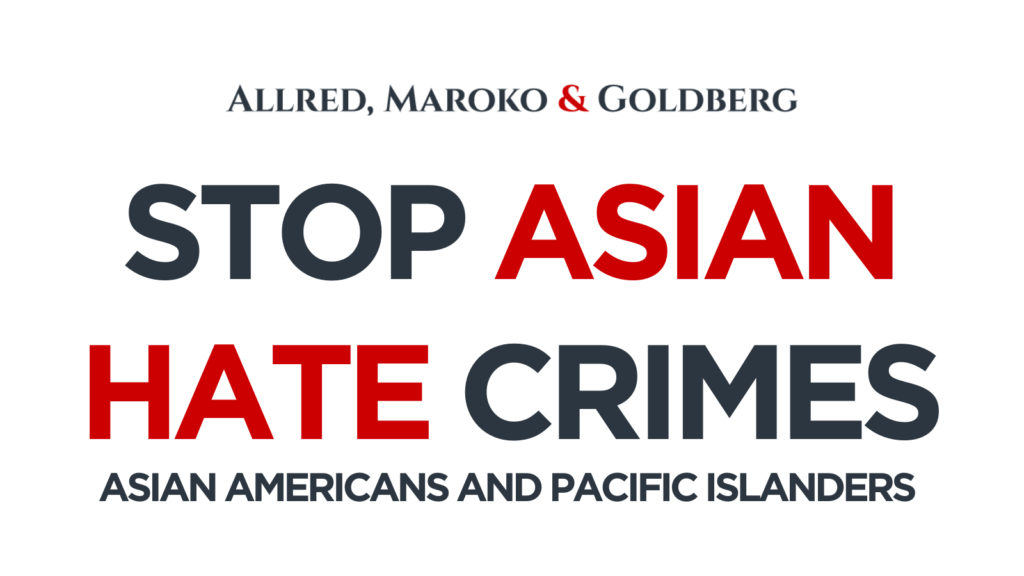
Since the beginning of the pandemic, the Asian American Pacific Islander (AAPI) community has experienced a dramatic surge in harassment and violence. The Atlanta shootings that claimed the lives of eight individuals (six of whom were Asian women) at Asian-owned businesses was not an isolated event. There have been near daily reports of violent, public attacks against elderly AAPIs in New York City and San Francisco. This recent surge in widespread hate and discrimination against AAPIs was undoubtedly fueled by the former President’s frequent use of racist phrases such as “kung flu” or “Chinese virus” to describe the coronavirus.
Congress addressed this increase in hate crimes with the recent COVID-19 Hate Crimes Act. The bill passed in the Senate last month by an overwhelming 94-1 majority. Recently, it passed in the House of Representatives with a 364-62 vote.
President Biden signed the bill into law earlier this week stating that the bill will move “our nation one step closer to achieving justice and equality.”
What Changes Can We Expect from the New Bill?
The bill implements the following changes :
- A new position in the Justice Department will expedite the agency’s review of hate crimes.
- Expanded channels will be created to make it easier for victims to report hate crimes.
- Law enforcement agencies will be able to receive grants to train their officers to identify hate crimes.
- Public education campaigns will be launched to teach the country about anti-Asian bias.
Why Is the New Bill Necessary?
Within the last year, we have seen a significant spike in the number of hate crimes against AAPI communities.
The Center for the Study of Hate and Extremism reported that hate crimes against Asian American and Pacific Islanders increased by 164% in Q1 of 2021 in comparison to the same period the previous year. This occurred while the number of hate crimes dropped overall. Stop AAPI Hate, a nonprofit organization tracking reports of anti-Asian attacks, released a national report in early May that the number of incidents reported surged from 3,795 to 6,603 in March of this year alone, with real numbers estimated to be much higher due to underreporting.
Reported incidents contain a variety of discriminatory/harassing behaviors, including:
- Verbal harassment
- Shunning
- Physical assault
- Workplace discrimination
- Refusal of service
- Online harassment
The uptick in harassment and violence has taken a toll on the AAPI community physically, emotionally, and mentally. Many people of Asian descent have felt that their grievances have been ignored by the country at-large. AAPI communities are suffering from an increase in anxiety and rage as individuals try to process the events of the last year, and their treatment at the hands of fellow Americans.
As we are in the middle of Asian American and Pacific Islander Heritage month, this is a good time to reflect on the injustices that have taken place and to figure out how we can take steps to prevent further harassment moving forward. America is a melting pot of heritages and ethnicities. It is important for all groups to feel equally safe and welcome.


